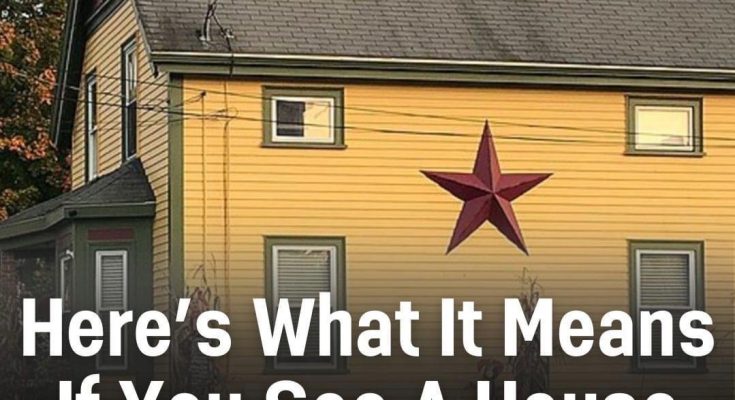Barn stars are an adorable decoration often seen at the top of a barn, over the door. They can either be painted on or pieces of star-shaped metal. Alternatively, quilt squares or hex signs are sometimes seen in their place. It turns out there’s a reason for these decorations, and it’s likely not what you thought. It turns out that Barn stars are actually very important to German-American farmers. They’re placed up at the top of barns to keep evil away or bring good luck to the farmer’s harvest. Interestingly, they may vary in color and each has its own meaning. For example, a green barn star represents the fertility of crops, symbolizing healthy growth. Meanwhile, blue or black barn stars signify protection over the farmer, their household, and their crops. On the other hand, brown represents friendship.
Barn Stars have an Interesting History
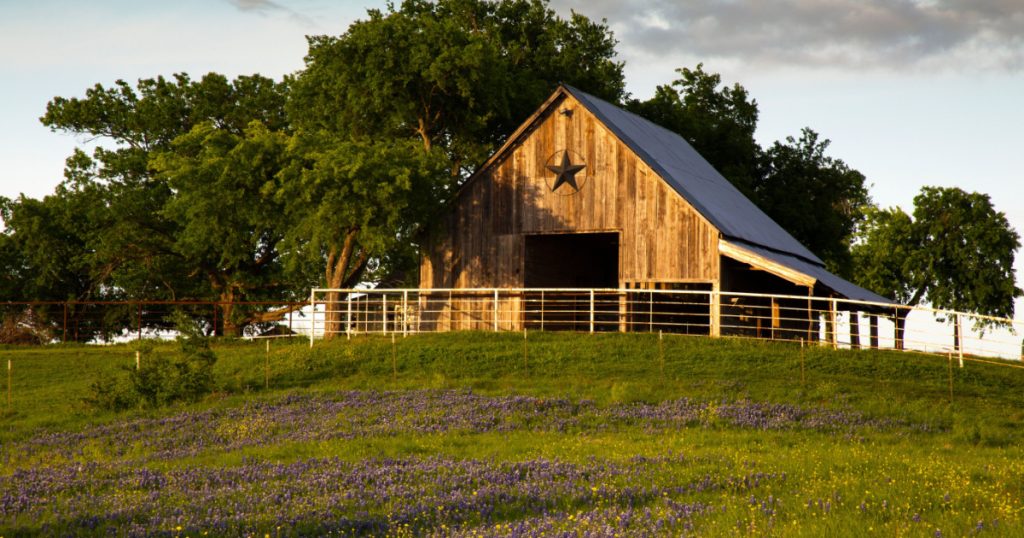
Although they’ve become a bit of a fashion statement, barn stars began popping up on barns as early as the 1830s. Within the Pennsylvania Dutch, or Amish, communities. Each symbol is an adaptation of German Folk art brought over from Europe. The Amish are known for living relatively simplistic lives, away from mainstream media and technology. Many homegrown customs and traditions have been carried on for generations and barn stars are no exception. Even more fascinating is that things that are often associated with one another to an outsider actually hold significantly different meanings to someone whose family roots are deep-seated in Pennsylvania Dutch customs. “It’s important to recognize that there really are two parallel traditions,” said Patrick Donmoyer, “There are the barn stars, and then there are the hex signs.”
Barn Stars May Offer Protection
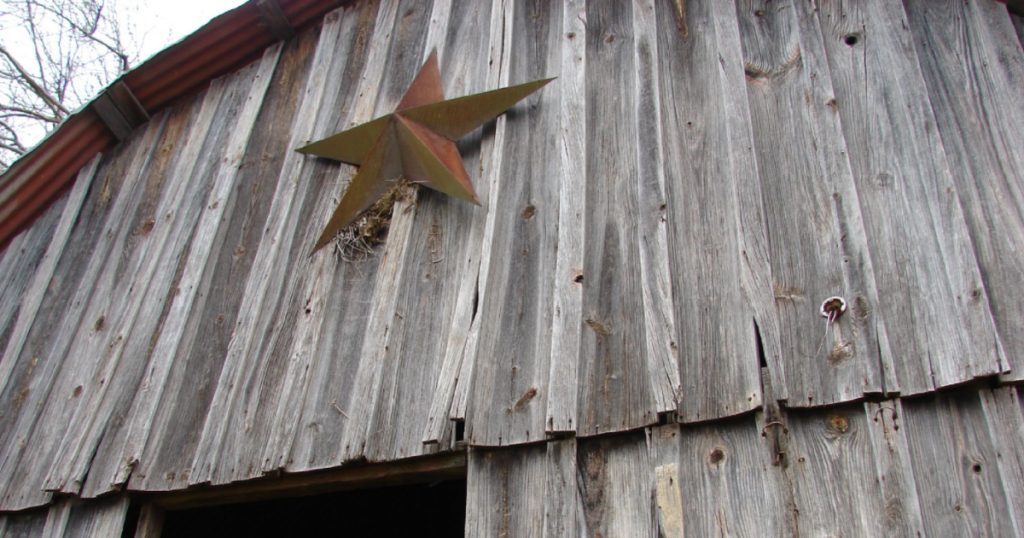
Donmoyer is the director of the Pennsylvania German Cultural Heritage Center at Kutztown University. He explained that many of the hex signs appeared in other places such as marriage licenses to bring good fortune to the newlyweds. Or on tombstones to help guide the deceased into tranquility in the afterlife.
Superstitions have been around for centuries, and have each adapted to fit the new constraints of the ever-evolving people of the planet. Astonishingly, barn stars did not have the same meaning or “power” as believed today. In fact, according to Donmoyer, “These were part of the agricultural lifestyle. They were something that was not necessarily connected to supernatural events or ideas.” Actually, hex signs were inspired by, and began showing up on barns nearly 100 after the barn stars.
Hex Signs aren’t the Same
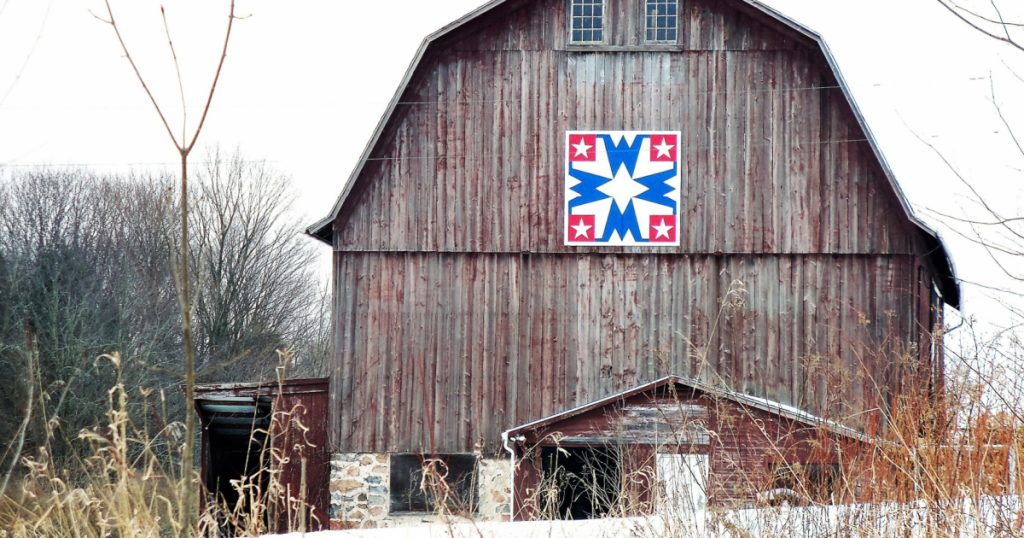
In 1924, Wallace Nutting, a New England artist took a trip through Pennsylvania Dutch Country, and “misinterpreted” the original images, quilt squares, or barn stars, thus designing the hex signs. “He was describing something real, but what he was describing was misunderstood,” Donmoyer explained. “It was not the stars on the barn that he was describing, it was actually this idea of the hexenfoos. He kind of transposed the two aspects of the tradition.”
By the 1950s, these designs were being re-imagined and became an enticing tourist attraction. Thus, Barn stars and quilt squares can be seen on barns all over Pennsylvania Dutch country, representing culture and traditions passed down by previous generations, a reminder of all of the creativity, hard work, and traditions of a culture that has long perplexed mainstream communities. Therefore, although commonly thought to ward off evil, barn stars were simply a decorative reminder for the Pennsylvania Dutch about their ancestors and their homeland.
Many Cultures Have Something Similar
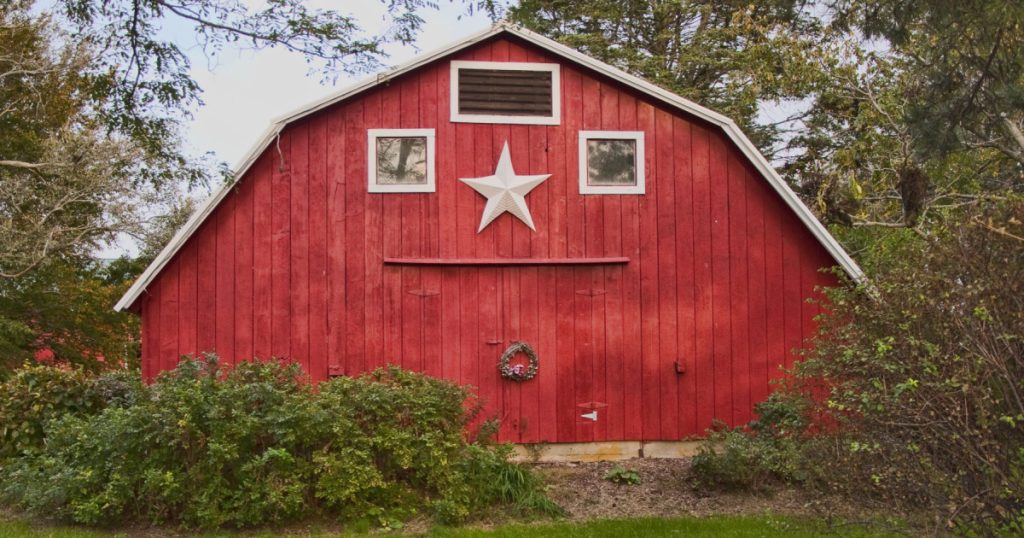
As previously mentioned, superstitions have been around for a long time. They are meant to help ward off evil, prevent bad luck, and in many cases promote prosperity and happiness. Unsurprisingly, many cultures and countries have their own ancient symbols that have, like barn stars, been adapted for the purpose of warding off evil and providing protection for households and families.
Om
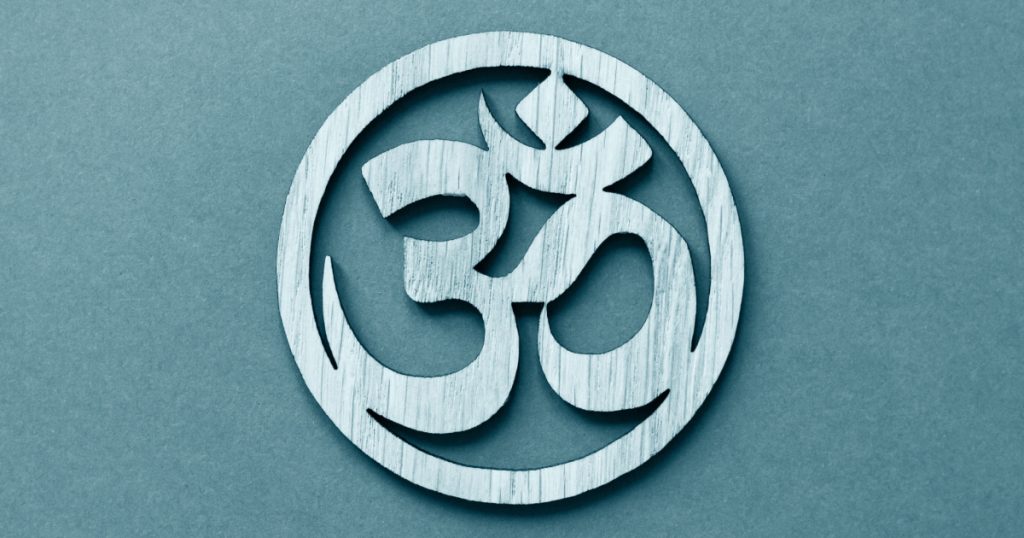
For example, Om is a symbol often used in meditation and other spiritual practices to provide protection. While many have heard the word or sound, there’s actually a visual representation of the word itself. It is believed to “purify” the mind and body, creating a happy and harmonious balance between serenity and life’s hardships.
Eye of Horus
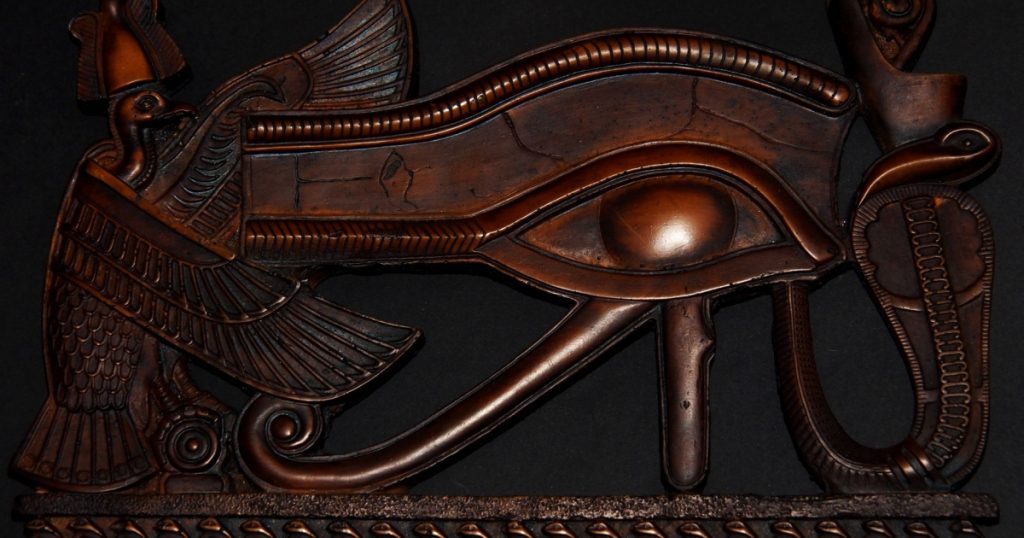
Another example is the Eye of Horus from Egypt. The powerful symbol is thought to provide healing and protection and is often found in wall writings or jewelry from ancient Egypt. Or the Hamsa Hand, found in the Middle East and Mediterranean, which is believed to ward off evil and bring good health, luck, and fortune.
Turtle
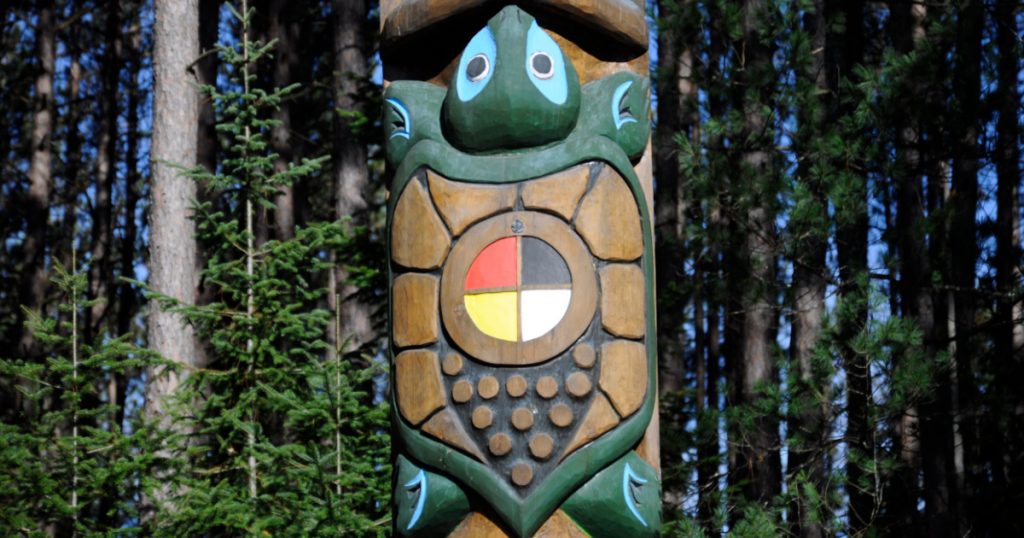
Fascinatingly, turtles are also a highly honored symbol. Native American, as well as African tribes believe the turtle is a representation of long life, wisdom, fertility, and remaining grounded.
Helm of Awe
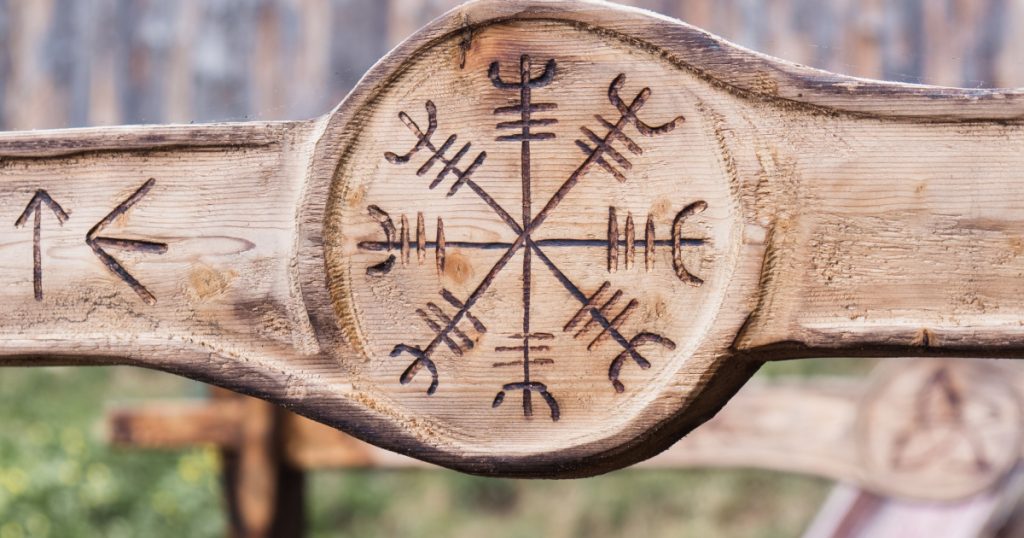
Lastly, the Helm of Awe is a Norse symbol that is believed to protect warriors during battle and strike fear into the hearts of their enemies.
Same but Different
Although people in many countries have been isolated from one another, technological advancements have made it easier to see that many countries and cultures have a lot in common, each with its own name and meaning behind these symbols. Yet, each symbol is believed to offer protection, prosperity, and good health and each is a reminder of the ancestors who came before us, praying for the future successes of our families and our society.
Barn stars have an intricate history, full of beautiful easy-to-creat designs. For some inspiration and how-to steps, check out this video:
Sources
- “The Ancient Symbols Once Used To Ward Away Witches.” Art Society. October 26, 2020.
- “Quilt Trail.” Grand County History
- “The 15 Most Powerful Protection Symbols – Protect You From Evil And Negativity.” Western Sydney EDU
- “If You See a ‘Barn Star,’ This Is What It Means.” Taste of Home. Molly Allen. March 23, 2023.
- “Barn Stars and Hex Signs: Two Parallel Pennsylvania Dutch Traditions.” Lancaster Farming. Stephanie Speicher. May 26, 2023.
